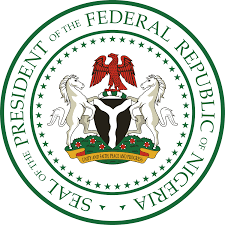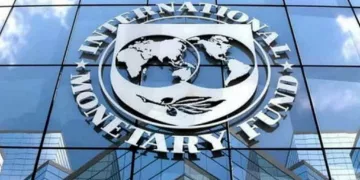The presidency has denied reports of an imminent 65 percent increase in electricity tariffs, clarifying recent media claims as a misinterpretation of official statements.
Olu Arowolo Verheijen, the special adviser to President Bola Tinubu on Energy on Monday said the Federal Government remains focused on stabilising the power sector and protecting vulnerable citizens from undue cost burdens.
“It has become necessary to clarify media reports suggesting an imminent 65 percent increase in electricity tariffs. This is a misrepresentation of what I actually said in a recent press interview,” Verheijen stated.
She explained that current electricity tariffs now cover about 65 percent of the actual cost of supply, following the increase in Band A tariffs in 2024, with the Federal Government continuing to subsidise the difference.
“While the government is committed to ensuring fairer pricing over the long term, the immediate focus is on taking decisive action to deliver more electricity to Nigerians, ensure fewer outages, and guarantee the protection of the poorest and most vulnerable Nigerians.”
As part of its strategy, the government outlined key priorities for reforming the power sector, focusing on metering, targeted subsidies, debt resolution, and alternative power generation.
Verheijen highlighted that one of the most significant steps being taken is the Presidential Metering Initiative (PMI), which will see the nationwide rollout of 7 million prepaid meters starting this year.
This move, the presidency explained, will put an end to estimated billing, a controversial practice that has long left Nigerian households paying arbitrary amounts for electricity.
The rollout of smart meters is expected to enhance transparency in billing, give consumers confidence in what they are paying for, and improve revenue collection across the power sector.
“Metering will attract the investments needed to strengthen Nigeria’s power infrastructure,” Verheijen said.
Another key reform is the shift towards targeted electricity subsidies, ensuring that support is directed to low-income households rather than benefiting wealthier Nigerians.
The government disclosed that it currently spends over ₦200 billion per month on electricity subsidies, much of which benefits the richest 25 percent of Nigerians.
“To address this, the Federal Government is working towards a targeted subsidy system to ensure that low-income households receive the most support,” Verheijen said, adding that this approach will make electricity more affordable for millions of hardworking Nigerian families.
The presidency also identified the settlement of long-standing debts owed to power generation companies as a critical aspect of its reform strategy.
According to Verheijen, these mounting debts have hindered investments in new infrastructure and limited efforts to improve power supply across the country.
“By clearing these outstanding obligations, the government is ensuring that power companies can reinvest in better service delivery, stronger infrastructure, and a more stable electricity supply for all Nigerians,” the statement read.
To further support Nigeria’s energy transition, the Federal Government is working to reduce the costs of alternative power generation through fiscal incentives.
These measures include VAT and Customs Duty Waivers for alternative energy solutions such as Compressed Natural Gas (CNG) and Liquefied Petroleum Gas (LPG).
The statement emphasised that these incentives will help ease the burden on Nigerians and create more reliable and affordable options for alternative power sources.
“The government fully understands the economic realities facing citizens and is committed to ensuring that reforms in the power sector lead to tangible improvements in people’s daily lives,” Verheijen reassured.
With its comprehensive plan, the government aims to eliminate unfair estimated billing, ensure that subsidies benefit the right people, and create conditions for stable, affordable electricity.
“These reforms are laying the foundation for better service delivery, expanded access to electricity for homes and businesses, and unlocking prosperity for all Nigerians,” Verheijen concluded.





